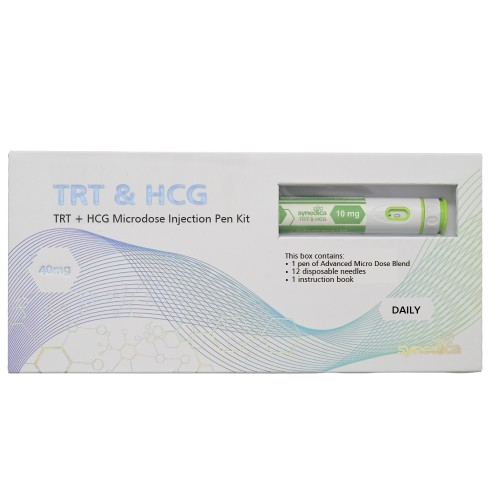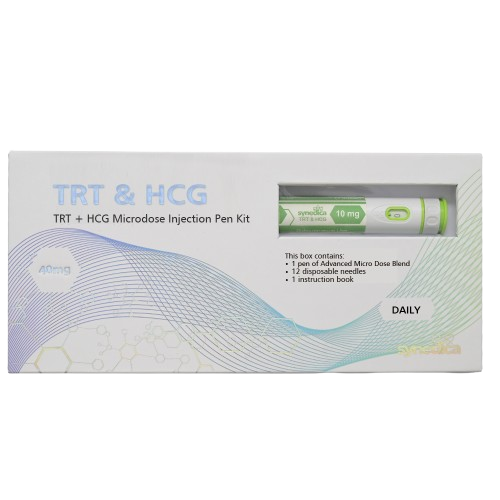Description
it is a naturally occurring amino acid derivative that plays a critical role in energy metabolism. Found in nearly every cell of the body, L-Carnitine helps transport long-chain fatty acids into the mitochondria, where they are oxidized (burned) to produce energy. It also aids in removing metabolic waste products, ensuring optimal cellular function.
How L-Carnitine Works
it acts as a shuttle system for fatty acids. By carrying fatty acids into the mitochondria, it supports ATP production, making it particularly important for energy-demanding organs such as the heart, muscles, and brain. Because of this, L-Carnitine is often studied in relation to:
-
Exercise performance and recovery
-
Fat metabolism and weight management
-
Cardiovascular health
-
Neurological function
Types of L-Carnitine
Different forms of L-Carnitine are used in supplements and research:
-
L-Carnitine L-Tartrate (LCLT): Common in sports nutrition for muscle recovery.
-
Acetyl-L-Carnitine (ALCAR): Crosses the blood-brain barrier, often studied for cognitive health.
-
Propionyl-L-Carnitine (PLC): Investigated for circulatory and cardiovascular support.
-
D-Carnitine (inactive form): Not used in supplementation due to lack of effectiveness.
Benefits
-
Enhanced exercise performance by reducing fatigue and muscle soreness
-
Support for fat metabolism, assisting with weight management
-
Improved heart function in conditions like angina and heart failure
-
Neuroprotective effects, potentially supporting memory and cognitive function
-
Male fertility support, linked to improved sperm quality and motility
Food Sources
It is found naturally in animal-based foods, especially:
-
Red meat (beef, lamb, venison)
-
Poultry and fish
-
Dairy products
Vegetarians and vegans may have lower levels due to reduced dietary intake.
Supplementation and Dosage
They are widely available in capsule, liquid, and injectable forms. Typical research-based dosages range from 500 mg to 2,000 mg per day, depending on the intended use.


















Reviews
There are no reviews yet.